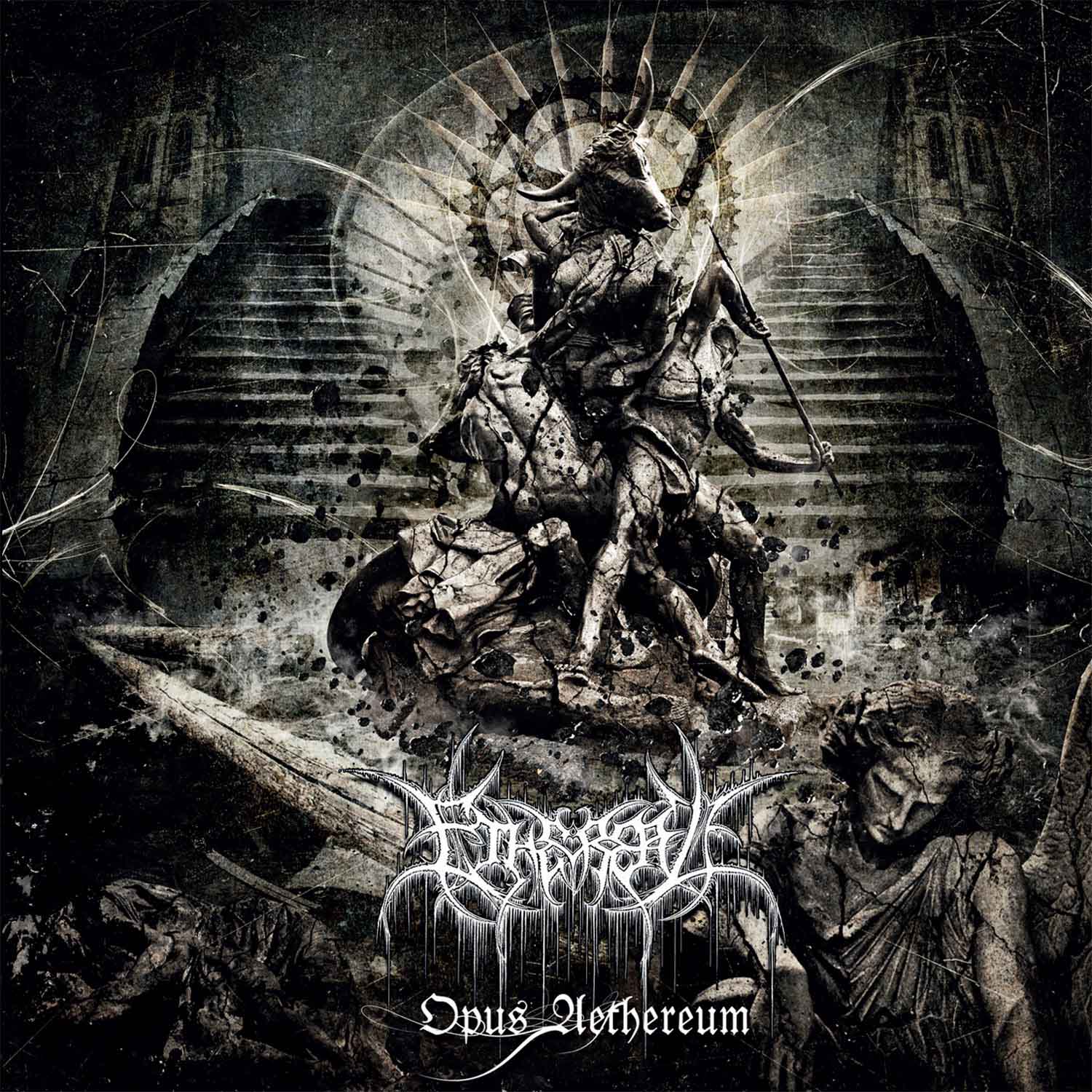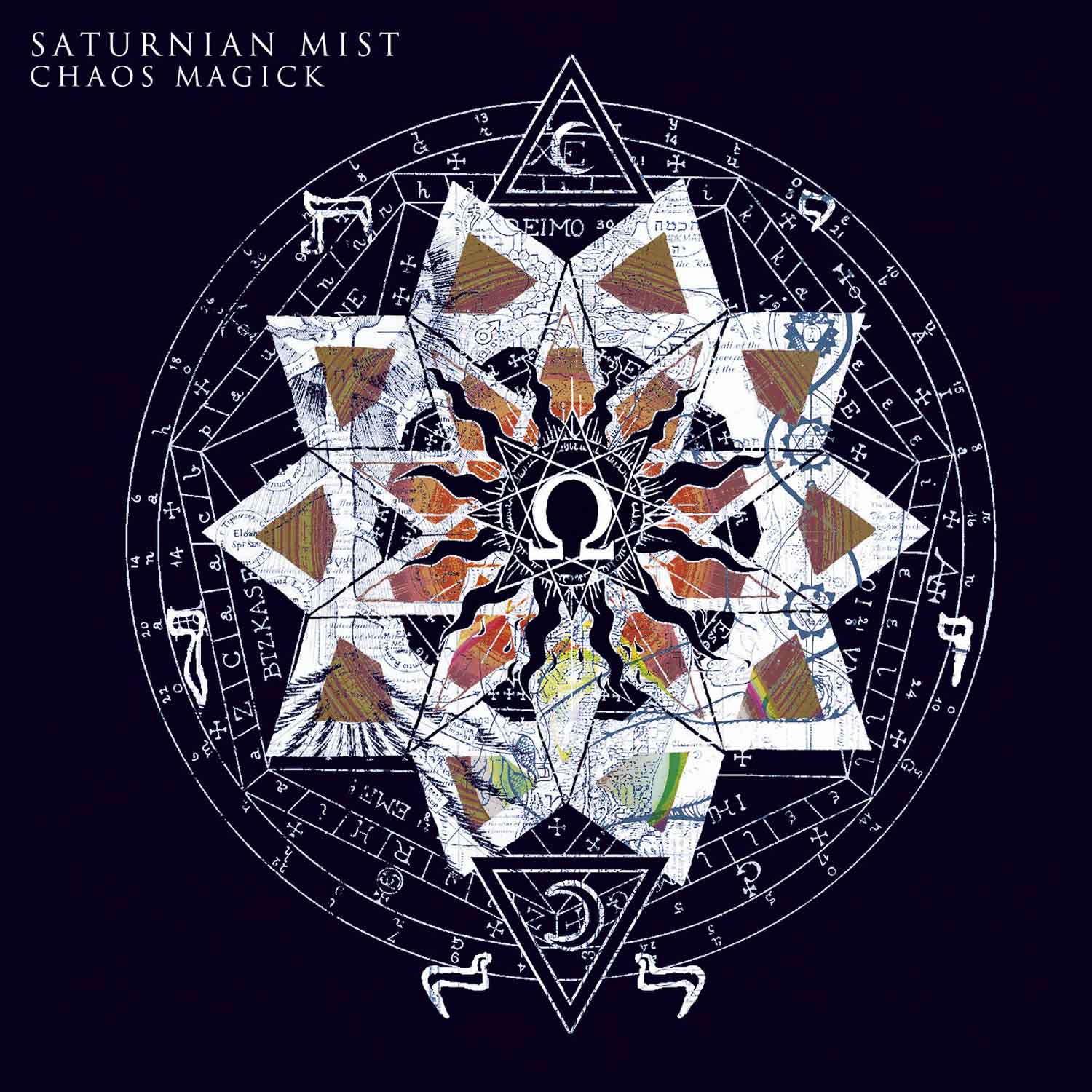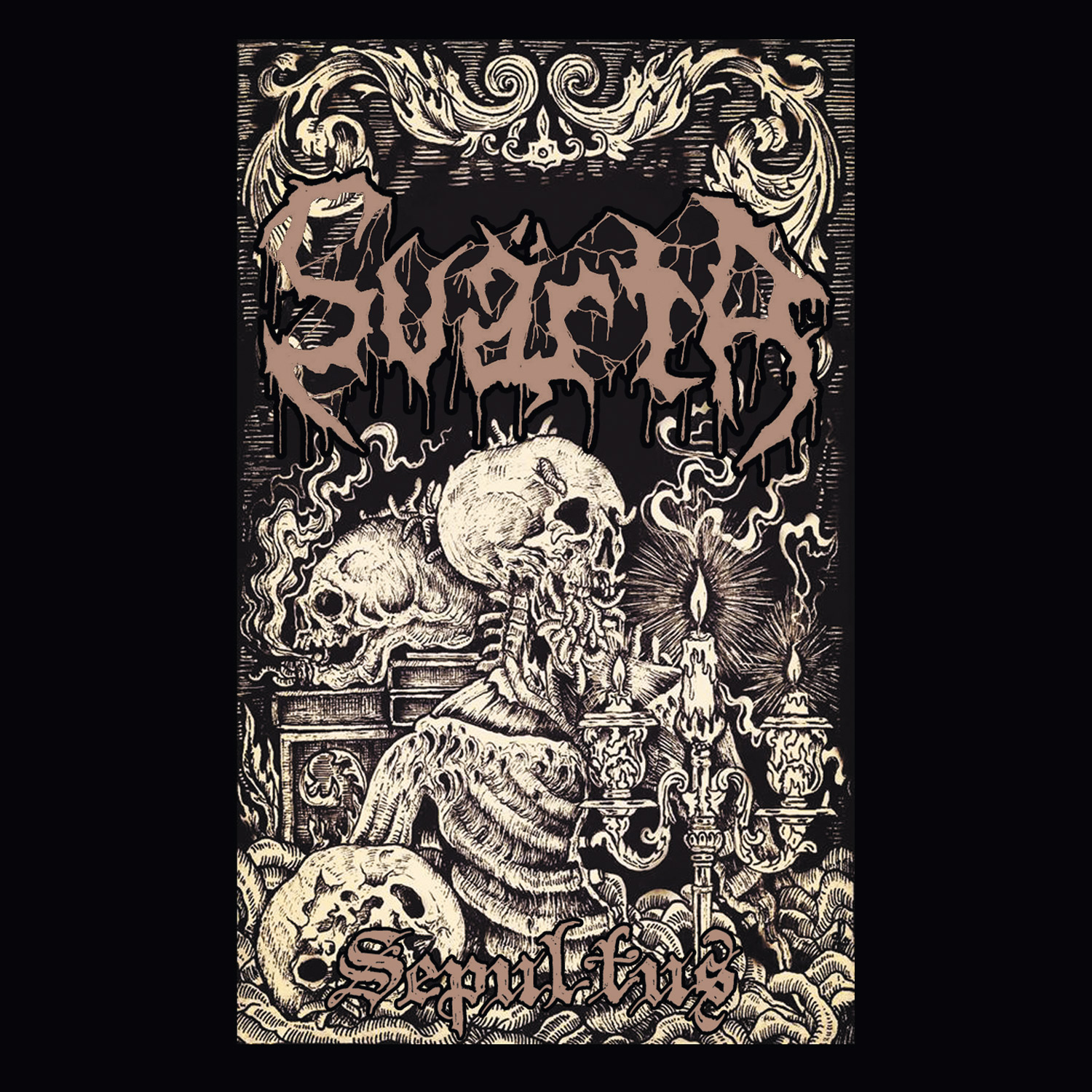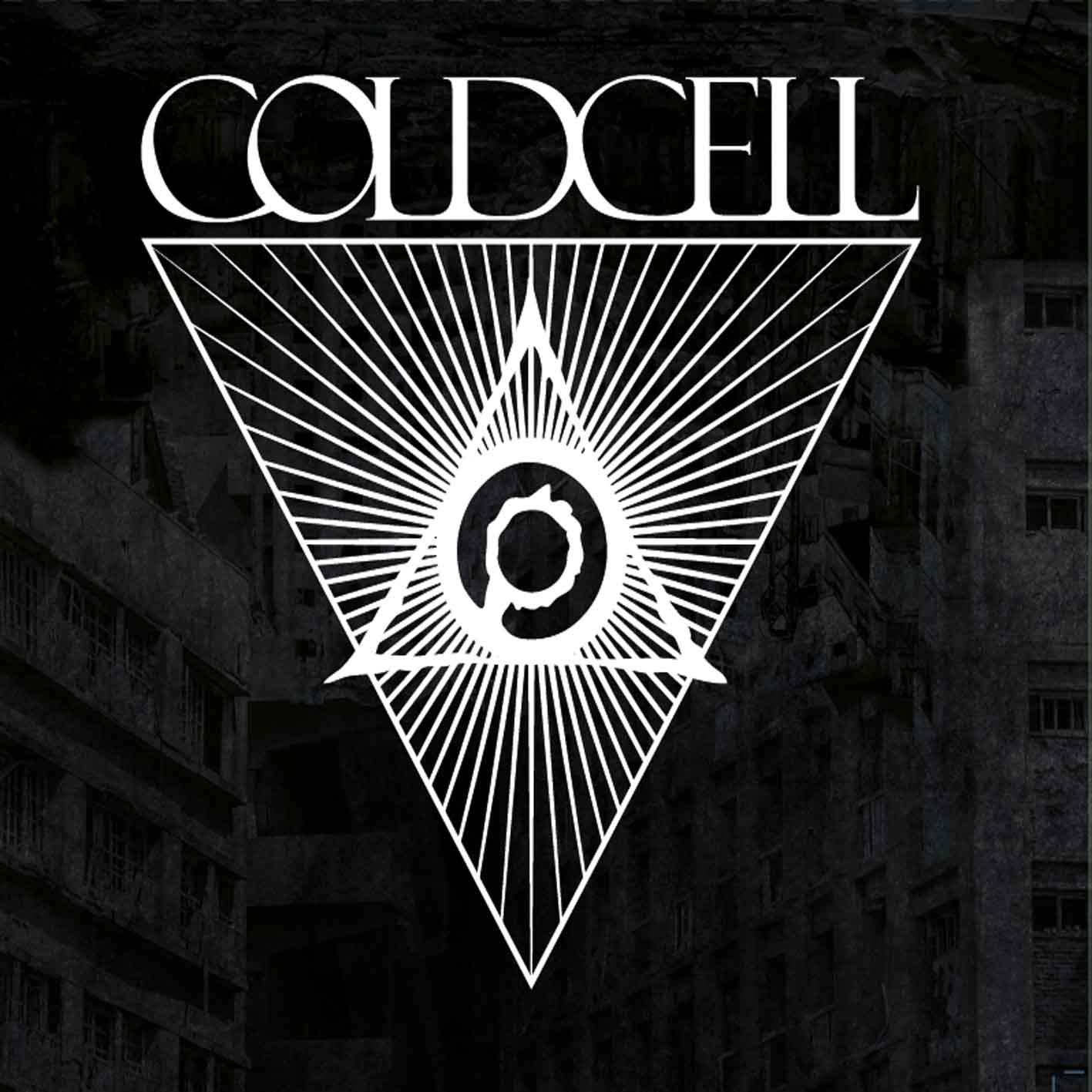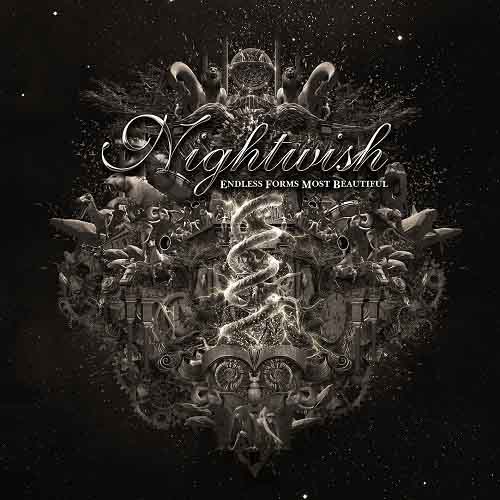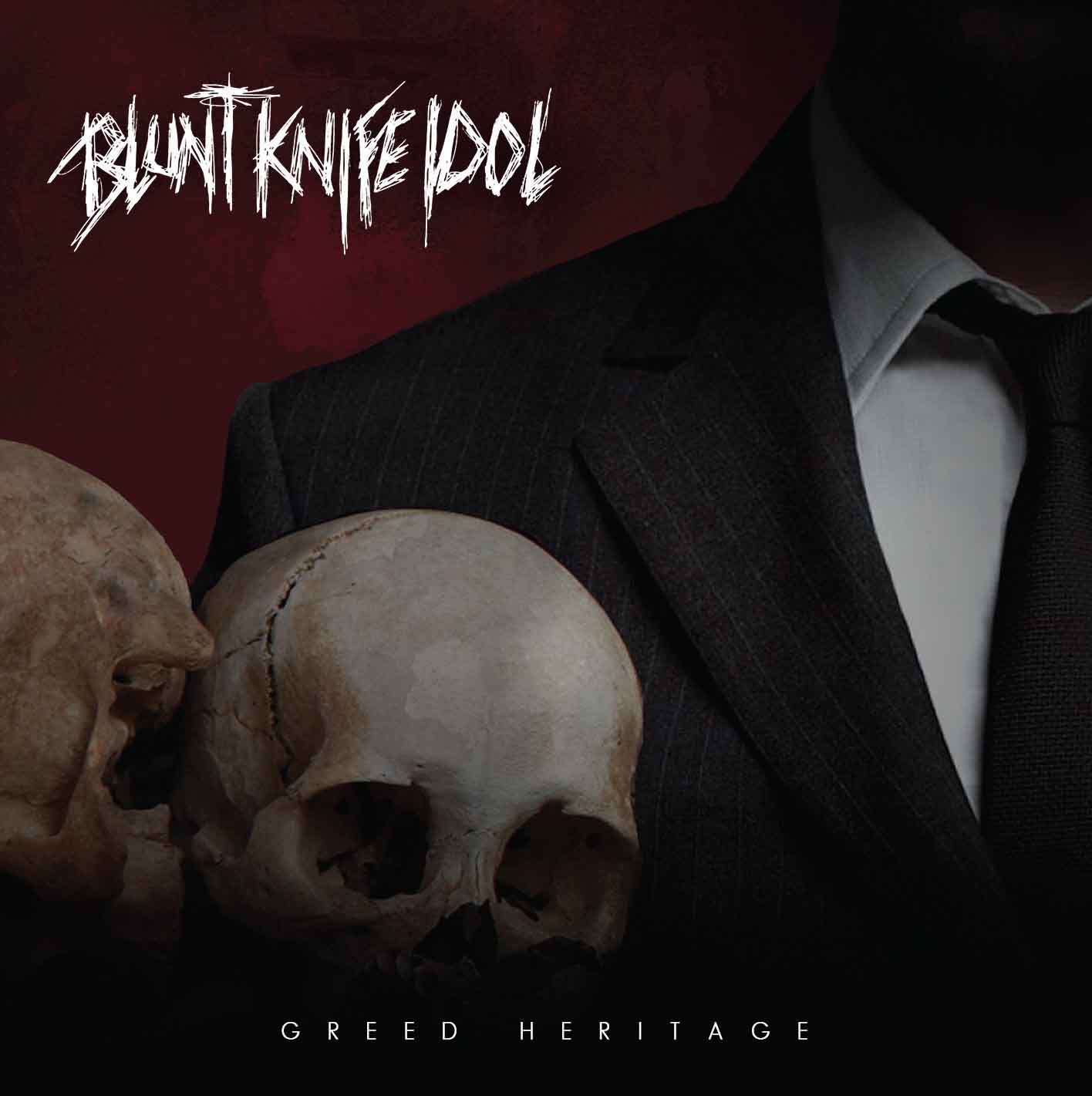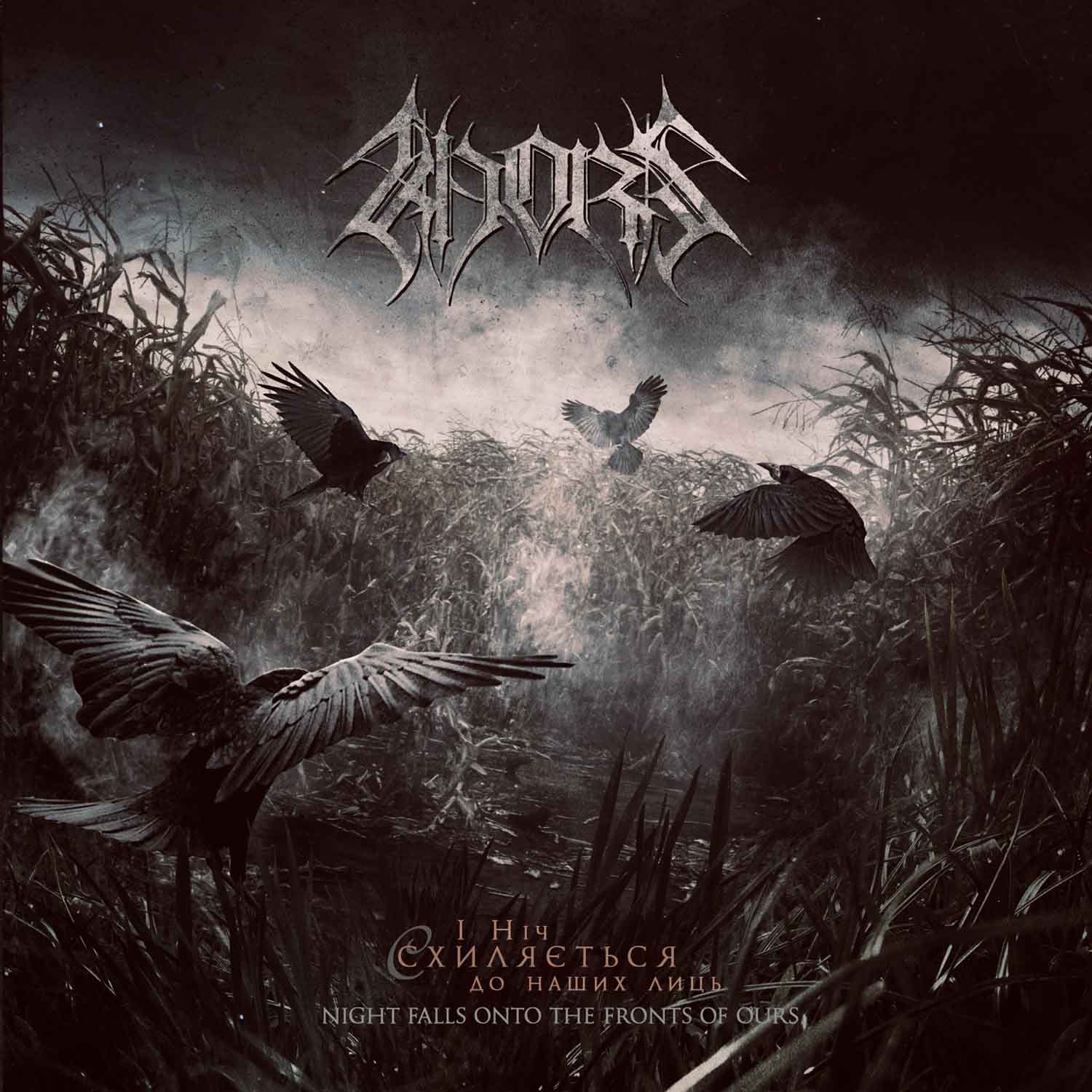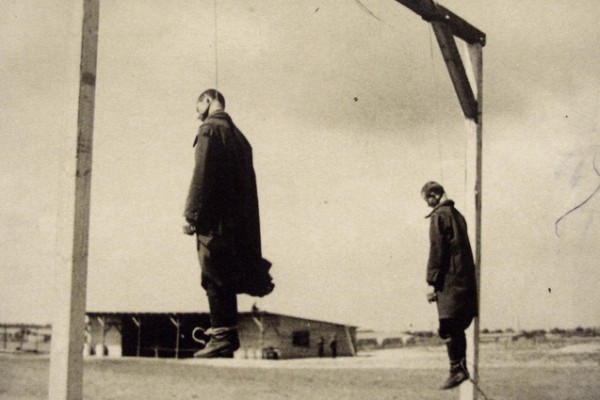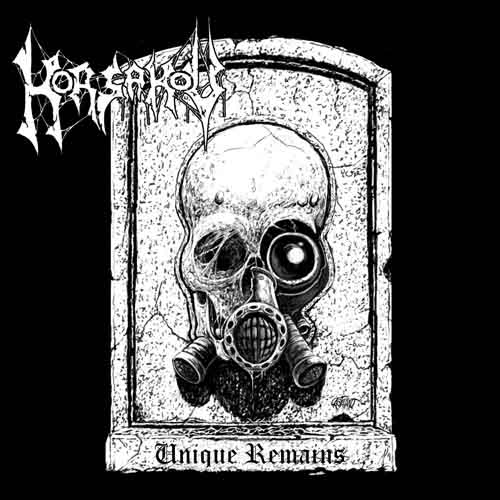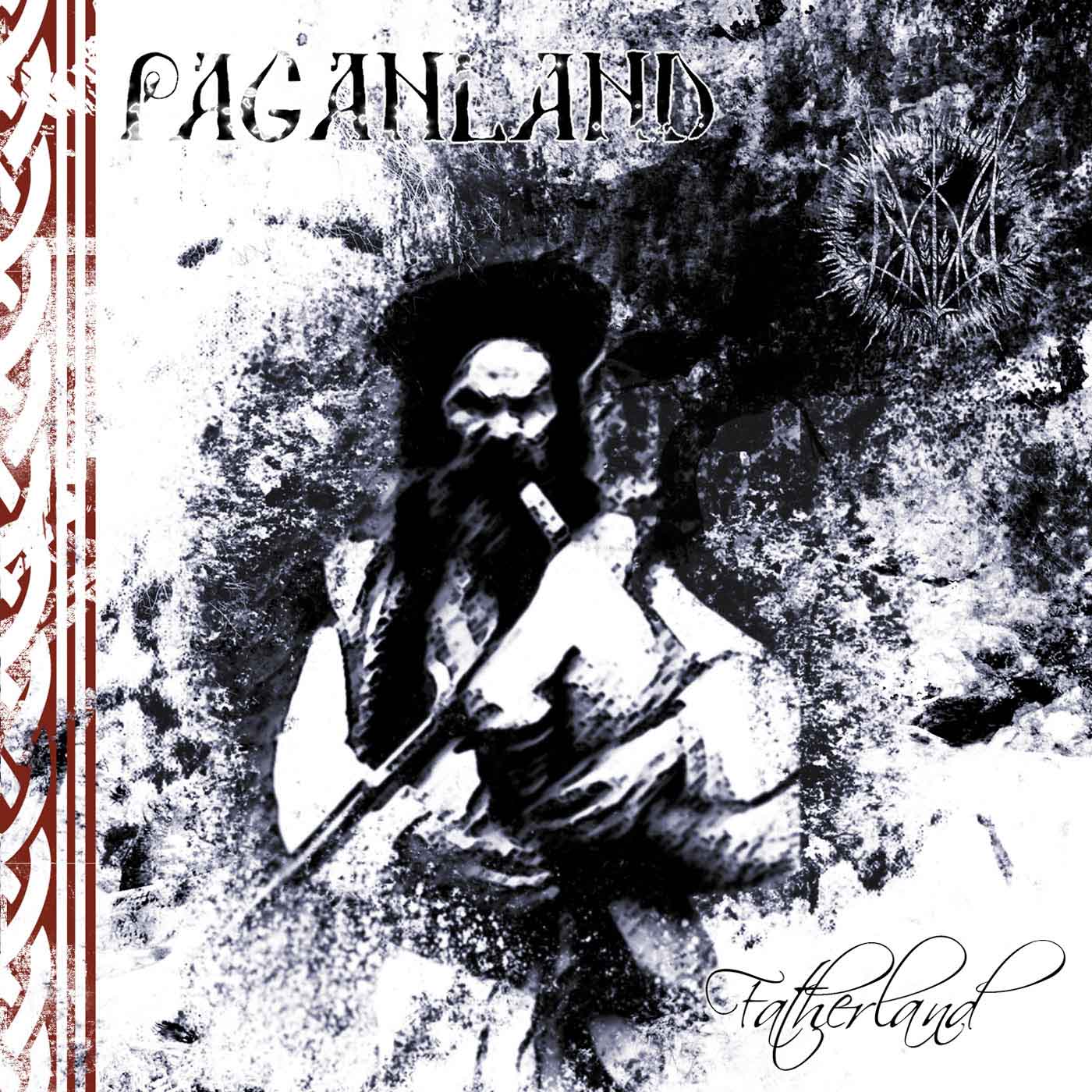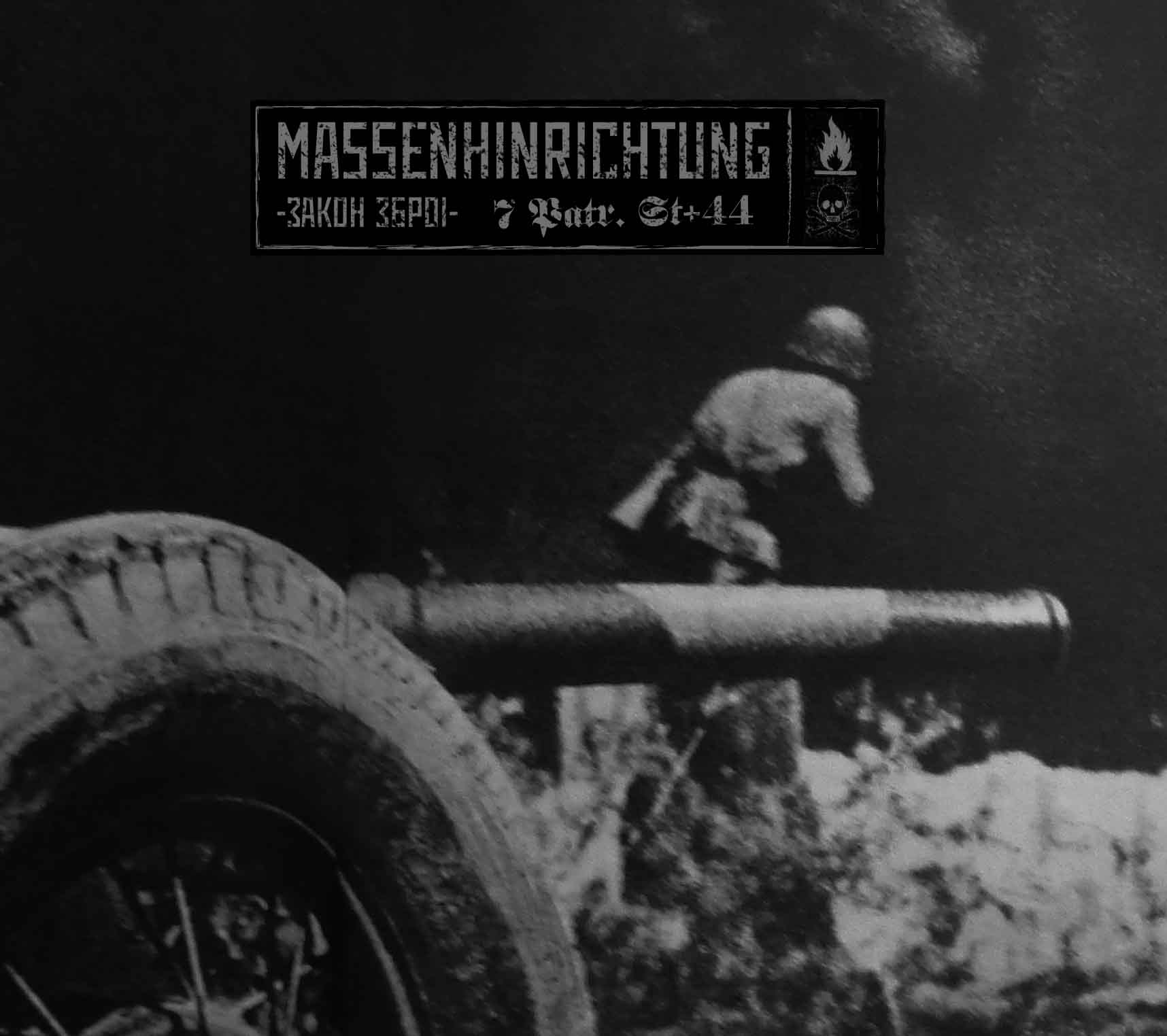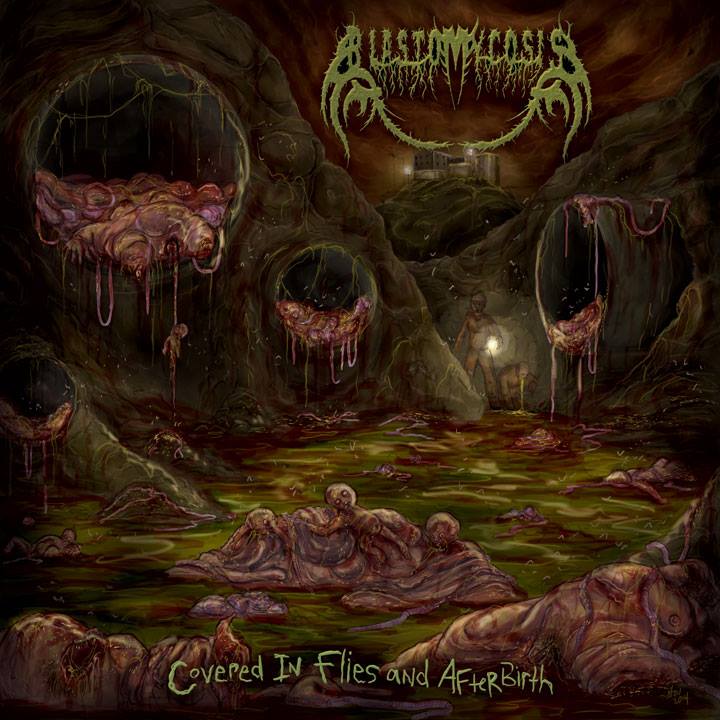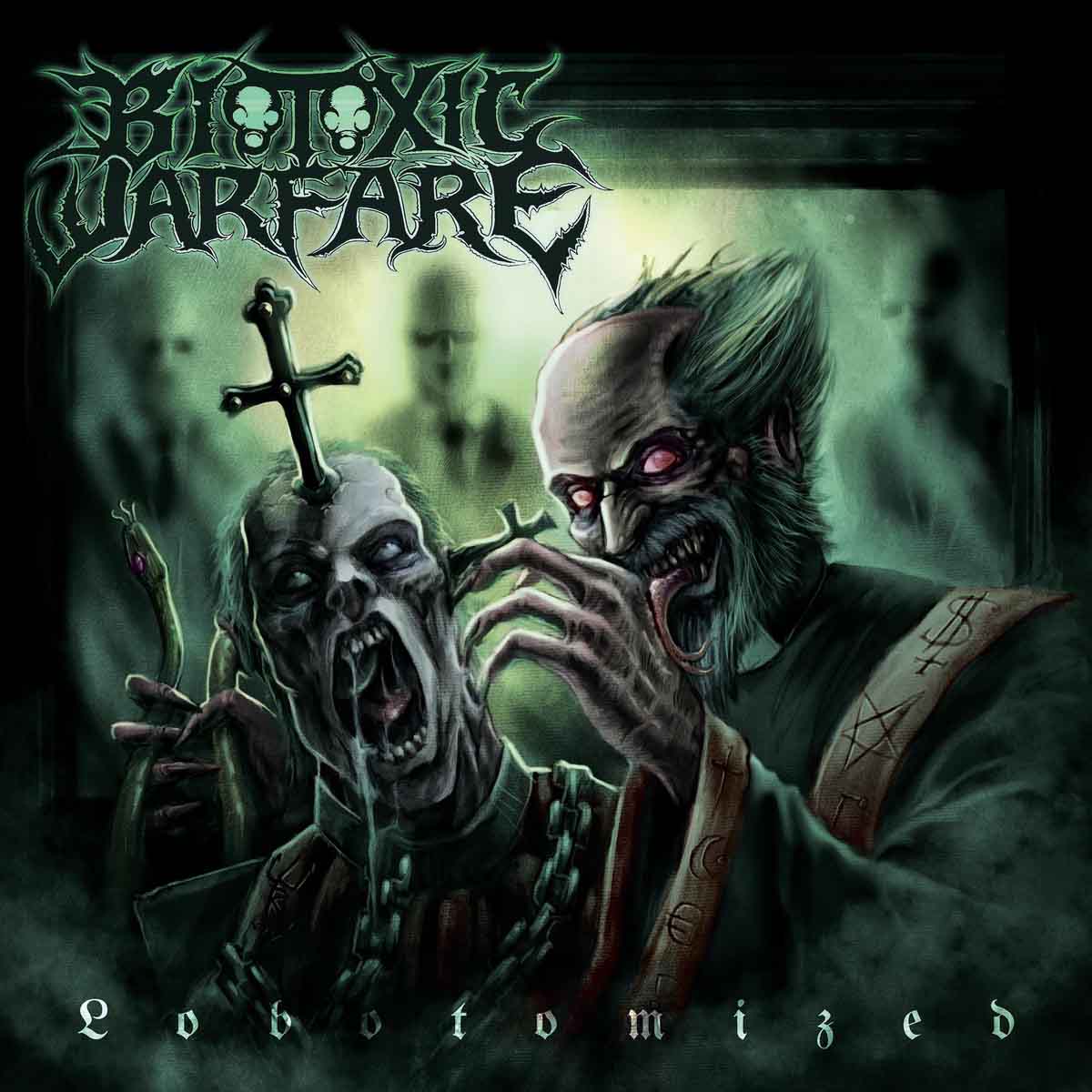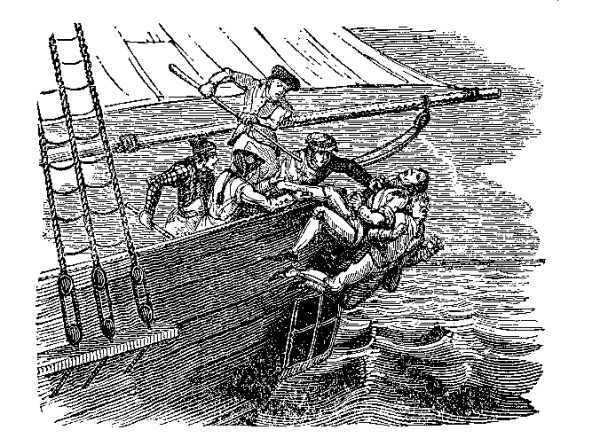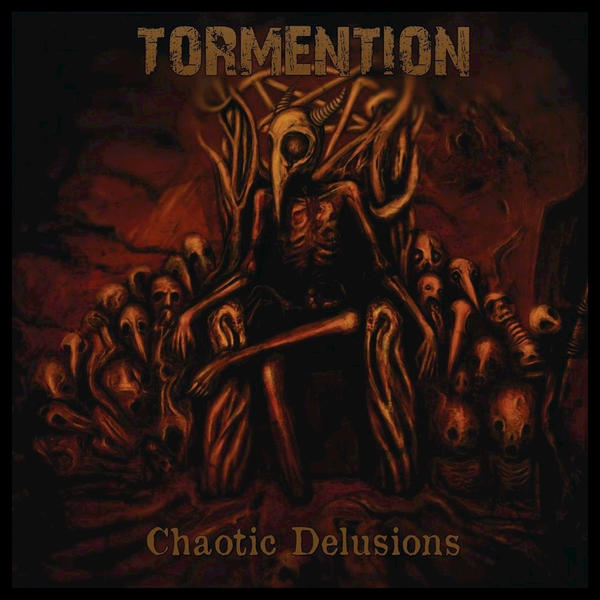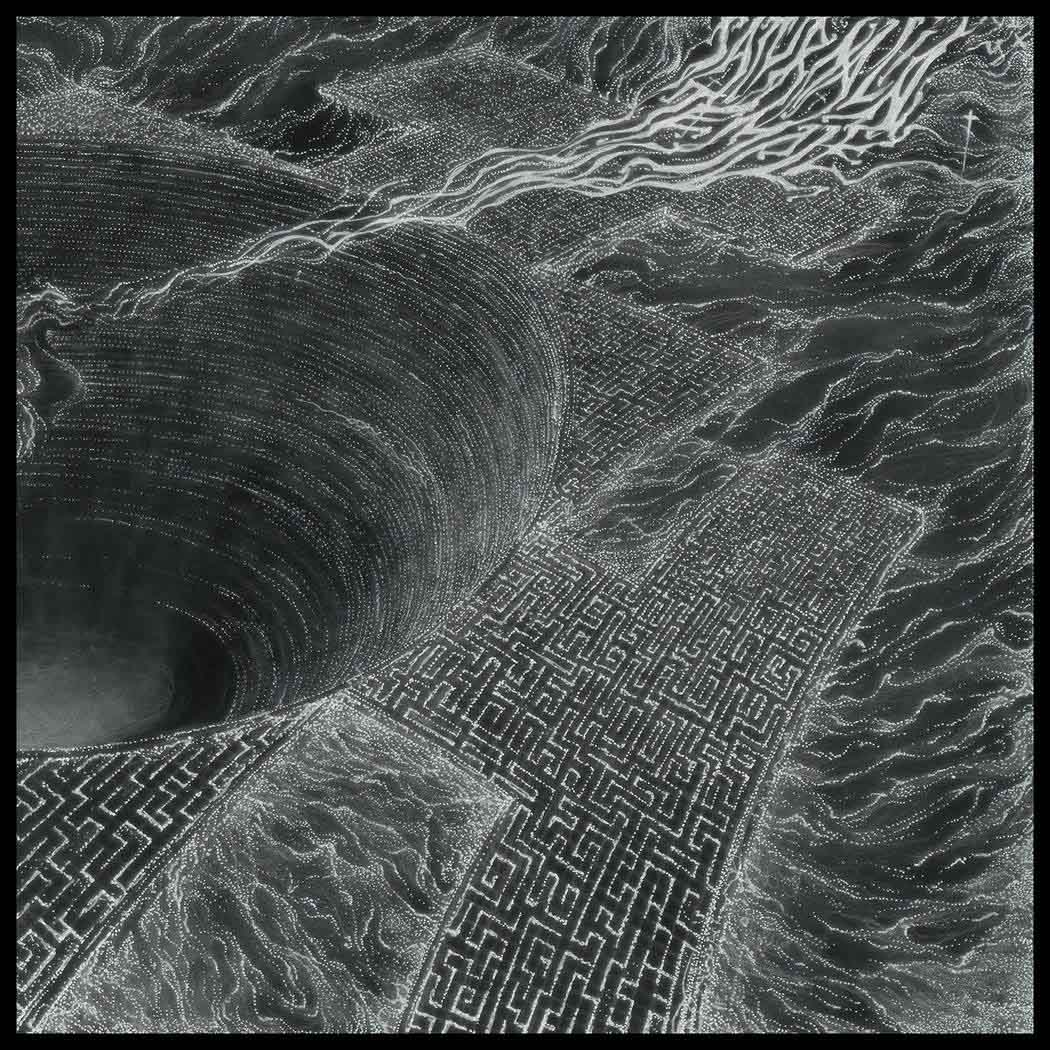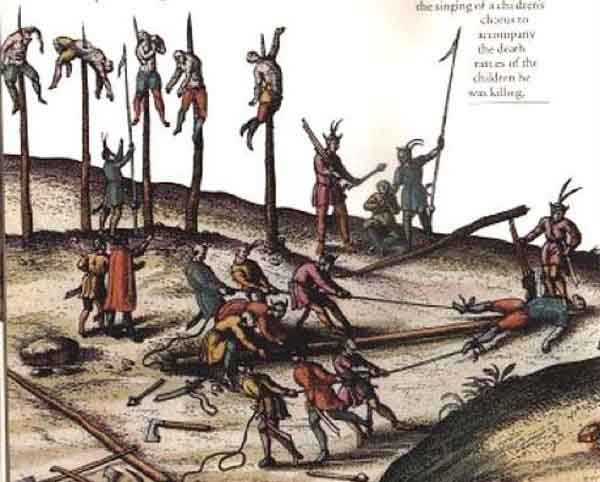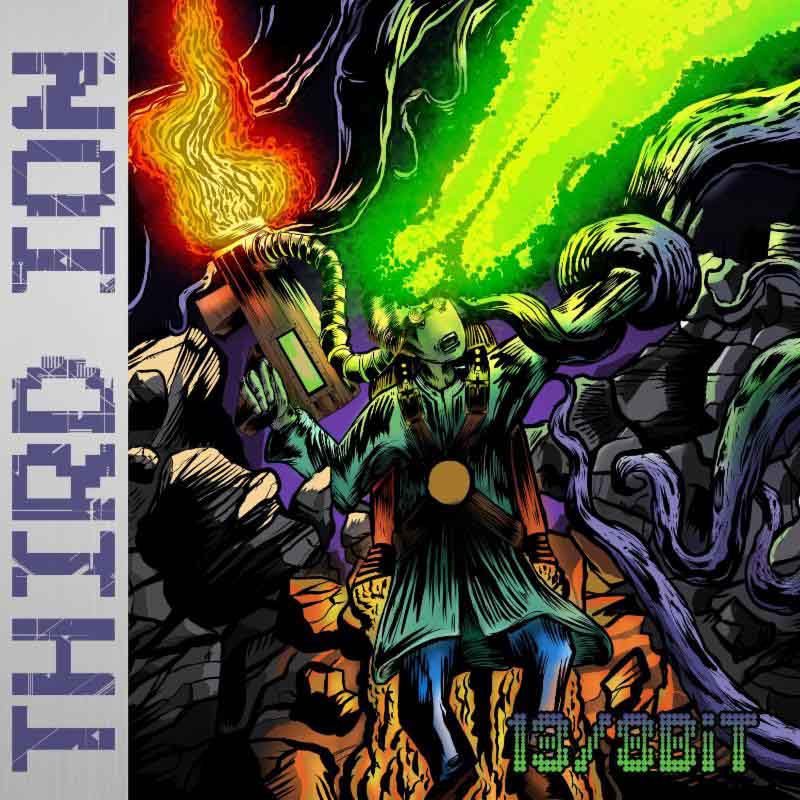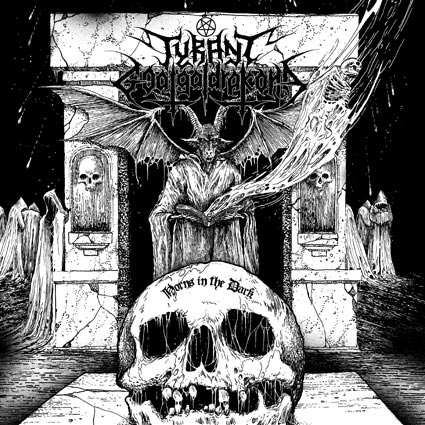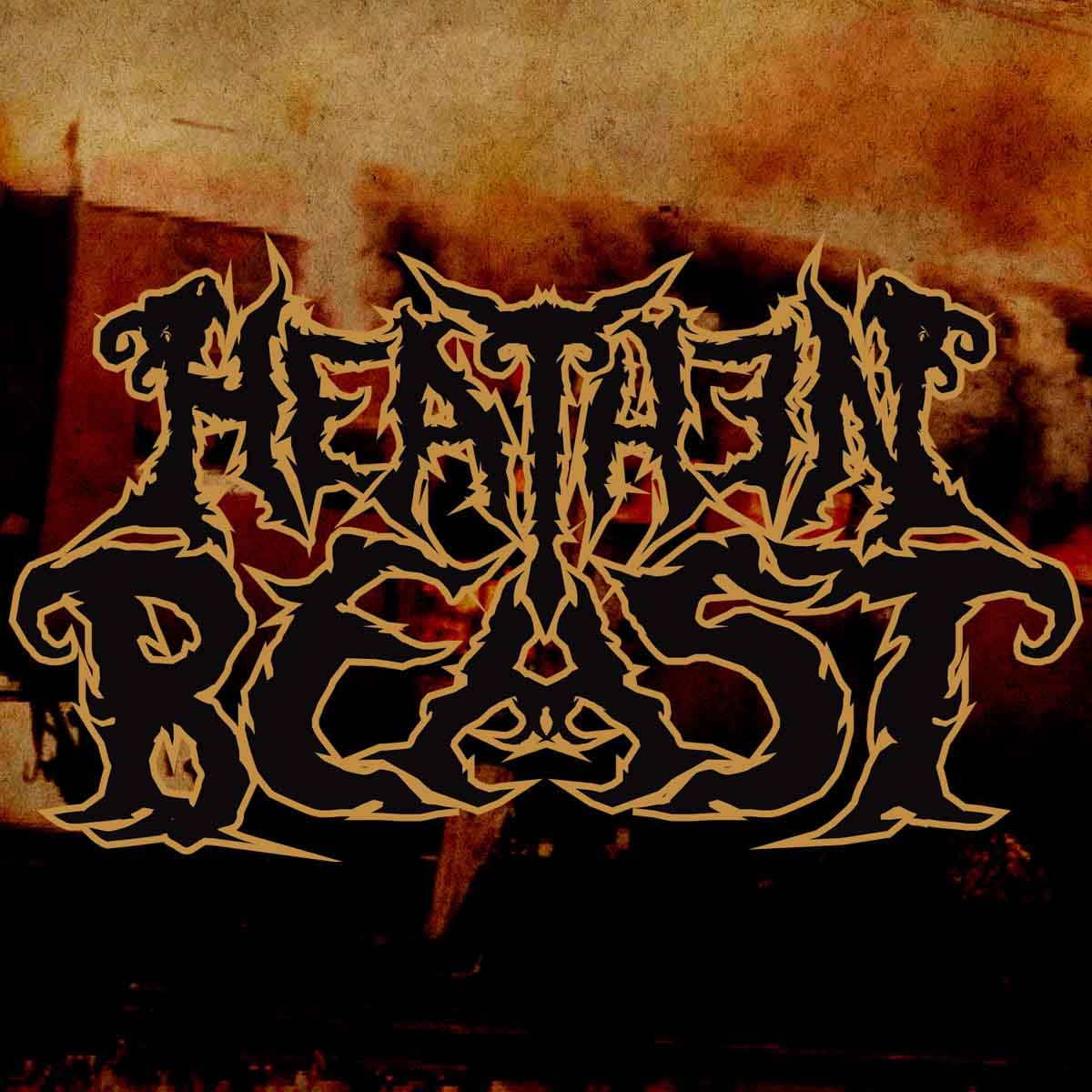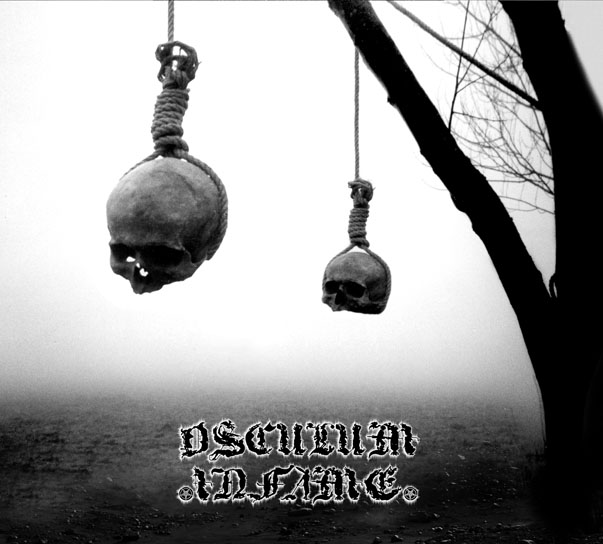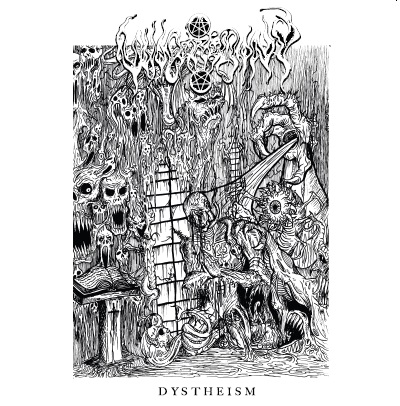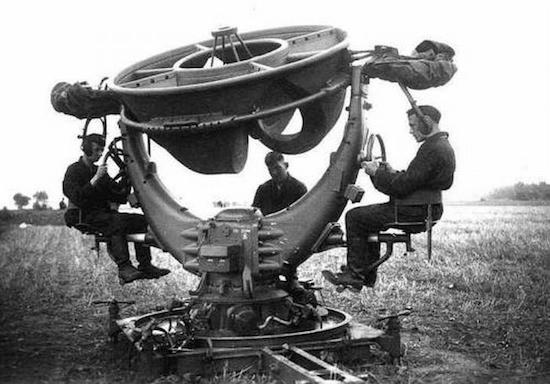
I used to spend a lot of time plagued by the question of whether one can really judge experimental metal. At first glance, this may sound silly, because the tools of music criticism don’t disappear from a little experimentation. You can still ask how derivative it is; what the structure is; if the riffs are any good; and so on. But problems emerge when one realizes that there have been pieces of music throughout history which really defy all convention. I’d put forth Gyorgi Ligeti’s “Atmospheres” as an example which has no melodic or rhythmic content (and in some sense no harmonic motion either).
https://www.youtube.com/watch?v=aI0P1NnUFxc
Many of you are already screaming at your screen: “Atmospheres” makes you feel something. It is highly unsettling and successfully elicits emotions and responses in the listener. The only objective we need in evaluating music that breaks with tradition is if it successfully does what it intends to do or elicits an emotional response from the listener. I agree this is one possibility, but I reject the idea that abstract art has to have some objective or emotional goal to be worth engaging with. Think of beautiful paintings of fruit. Some may feel moved by it, but I think it is a stretch to claim this is where its value lies. Its worth is in the pure aesthetic experience it gives. Often this is beauty, but we could say “Atmospheres” is worth listening to for its coherent new aesthetic experience it provides. In fact, many other works of Ligeti do not have the emotive experience for justification but are all part of his unified aesthetic vision.
I should address whether this question is even worth thinking about. I think it is, because if we don’t have a way to distinguish quality, we’ll find ourselves randomly accepting or rejecting anything that defies convention. I’ve seen both extremes: the art hipster that defends to the death the greatness of a blank white canvas to the pop idolizer whose ears bleed at anything other than a I-IV-V-I progression over a 4/4 rock beat. Neither extreme is good music criticism, because both are ideologies that pre-judge rather than evaluate an album on its own terms. This means we have to give some thought to the question of whether it is even possible to judge music that pushes the boundaries. I’ll admit that basically no metal album, no matter how experimental, will be so extreme that we lack all ability to use traditional criticism. That’s not the point.
I, and most other reviewers, often get lazy and gloss over anything that is difficult to engage with. I find myself reviewing albums as traditionally as possible and only throwing in mention of experimental aspects without much thought. It usually takes the form of the above ideological lines by pointing out the experimental aspects as “original.” This tends to make any experimentation come across as a good thing in my reviews (when I’m being lazy).
One way I like to think of the messiness of experimentation in music is through an analogy to other arts, even though the analogy isn’t perfect or historically accurate. One could say that abstraction techniques in painting arose in part due to an identity crisis. Early paintings were very much about accuracy and representation of the world: portraits, landscapes, still lifes, etc. Probably in part due to the birth of photography (though it started a bit earlier), painters needed to add a human element to be able to justify its purpose. “The Weeping Woman” by Picasso may be a portrait, but it deviates from an accurate depiction of the woman in order to more powerfully portray her emotional state. A perfect picture of the woman couldn’t capture the tragedy and suffering so well. What I’m trying to say is that painters realized they could experiment in order to filter something through a point of view to create a messier, more human art.
Music usually lacks a subject, so in some sense the starting point is closer to abstract expressionism in painting. Strangely, music tends to be more rigid than painting for various reasons usually involving time. If your song is in 4/4, it is very difficult to make something sound messy, because members of a band are locked in an orderly pattern. One way to add a messy, human element is change up the time signature. This gets us to a value judgement. Take a stereotypical progressive metal band, Between the Buried and Me, for example. Often their use of varied time signatures comes across as tidy, carefully planned, and gimmicky. This is an example of bad experimentation, because it doesn’t fulfill its purpose of making something sound original, messy, or unexpected. Say what you will about Behold… the Arctopus, but at least they fulfill their purpose of experimenting with time to disorient the listener.
This brings us back to an earlier point. We can judge the experimentation on whether it fulfills its purpose. Theodor Adorno has probably written and thought about experimentation in music more than any other person. One of my favorite points of criticism from him is his explanation of how terrible it is when the sound of music is in contradiction with its purpose. He uses as an example Joan Baez singing protest music against the Vietnam War. She completely undermines her point about the senseless, incomprehensible violence of war by wrapping the song in a neat, easily digestible pop song. How can making war palatable possibly fulfill the purpose of a song that war is not palatable?
A great example of a metal album in which the sound fulfilled its purpose is At the Gates’ With Fear I Kiss the Burning Darkness. It isn’t quite experimental in the sense we’ve been discussing, but it serves as an example of metal where the sound reinforces the content (which, let’s be honest, was an important factor in much early death metal). We’ve reverted to easy cases again. Before tackling the hardest cases, I think one easy-to-spot bad thing is what I call an “experimentation poseur.” The album is fairly boring and uninventive, so the band tries to hide this and appeal to a certain crowd by throwing in some experimentation. Not only does this cover-up not work, it is embarrassing, because it is so obvious to an intelligent listener that you are trying to fool them. Something like Buckethead, Iwrestledabearonce, or much that self-identifies as “mathcore” work for examples. Harder cases are Jute Gyte, Psyopus, Behold… the Arctopus, and Cloak of Altering. These bands are uncompromising in their difficulty throughout the whole album. They also appear to have something like a coherent and consistent aesthetic vision which differs vastly from other metal. As proof, give me a new track I’ve never heard from one of those four bands, and I will have no difficulty telling you which one wrote it.
I often hear the complaint that anyone can create an ugly mess of noise with no structure or feeling, reminiscent of the complaint that anyone can drizzle paint on a canvas like Pollack. We’ve already addressed why this is lazy criticism. But it is also intellectually dishonest, because I don’t think anyone but the most skilled musicians could copy these bands. Anyone that thinks they merely “dripped ink onto a staff” and played whatever happened hasn’t really listened to them, and frankly, is so disengaged from honest discussion that their opinions can be dismissed as irrelevant. They sound nothing like Milton Babbitt, for instance, which basically wrote music using a dice roll. This is not to say any of these band’s albums are good. Figuring this out is the point of the discussion: how can we tell? Hopefully those who were skeptical about the question originally can see its relevance now. I must come back to this idea of the pure aesthetic experience. Now I’ll reveal that I stacked the deck with these four choices. I think we can give rough tiers for each of these band’s most recent albums.
Psyopus tends to be absurd for the purpose of being absurd. This means they have a lot of internal inconsistencies in their sound and musical language. One moment they play fast chromatic riffs, the next they glissando up and down, the next they drone with a girl shouting. It tends to be all over the place with the only goal to be different or weird. This is not a high quality aesthetic experience. I’d level the same charge at Cloak of Altering, but a step up. He is a bit more consistent, and I think the album has more worth.
Jute Gyte is much better. His musical syntax is more internally consistent. After a few listens, the album makes sense within its context. It isn’t microtonal for the sake of being different, it’s microtonal because that is a deliberate and consistent aesthetic choice he makes. I’ll reiterate, you may not personally find the experience worthwhile, but it is justifiable as a work of experimental metal. This is the whole point of experimentation. Sometimes it works, sometimes it doesn’t.
I know, 90% of you just shit your pants and decided to leave the site forever, because I’m about to say that Behold… the Arctopus is the highest tier of this list. It would take another post as long as this one to make the argument, but the key idea is the same. They have a consistent tonality, sound, style, musical syntax, and so on which creates a coherent aesthetic experience. I have no problem with someone listening to it and saying, “Nope. Still a worthless waste of time,” in the same way that I have no problem with someone looking at a Rothko and saying, “Nope. That’s just rectangles, not worth looking at.” The thing is, art criticism is old enough and mature enough that someone can separate that personal reaction from the idea that Rothko had a legitimate aesthetic program.
Thinking about metal as art is a bit too new. We tend to treat our personal taste and reaction to an album as the final word. All this is to say, I think there are ways to tell the difference between crappy experimental metal which tries to dupe a certain crowd into praising them and legitimate experimental metal which has a concrete aesthetic program being carried out in earnest. It is an important step in treating metal as art to have serious discussions on the worth of various experimental bands, but we can’t do that if we get stuck in the mindset that all the ones we don’t like are equally bad.
39 CommentsTags: At the Gates, Atmospheres, Behold...The Arctopus, Buckethead, Can We Judge Experimental Metal?, Experimental Metal, Ligeti, matthew ward, With Fear I Kiss the Burning Darkness
